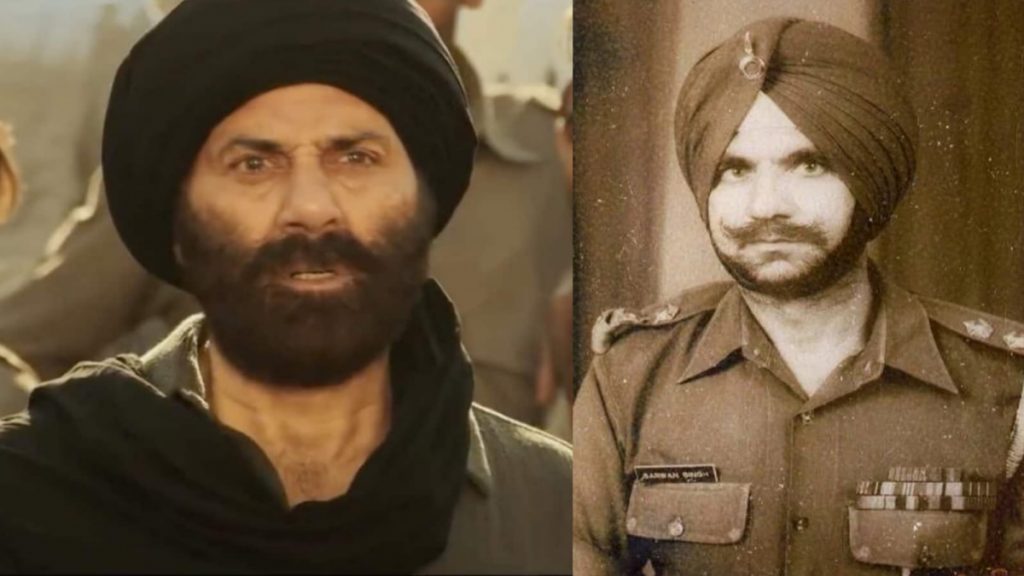New Delhi: Gadar: Ek Prem Katha, a Bollywood movie directed by Anil Sharma, was released in 2001. It portrays a love story set against the backdrop of India’s Partition in 1947. The film follows Tara Singh, a Sikh truck driver (portrayed by Sunny Deol), who falls in love with Sakina, a Muslim woman (played by Ameesha Patel), during the turbulent times of the partition.
After a gap of nearly 22 years, Tara and Sakina are making a comeback to evoke nostalgia among their fans with Gadar 2. However, this time, the film is fully packed with new twists and surprises. The anticipation among the audience has reached another levels since the film’s announcement.
Gadar: Ek Prem Katha draws inspiration from the real-life experiences of Boota Singh, a Sikh ex-soldier who served in the British army. The film delves into his journey, showcasing the challenges he faced and the love story that unfolded against the backdrop of India’s Partition in 1947.
Boota Singh’s Story
Boota Singh had a well-known love story with a Muslim girl named Zainab. Their story is famous in both India and Pakistan. Boota Singh resided in Ludhiana, which is situated in East Punjab.
During the partition between India and Pakistan, many Muslim families faced violence and were compelled to migrate to East Punjab. In one incident, a group of people heading towards Pakistan abducted a young Muslim girl named Zainab. However, Boota Singh came to her rescue and successfully saved her. As they spent time together, a deep affection grew between Boota Singh and Zainab, ultimately leading to their marriage. They were blessed with two daughters, Tanveer and Dilveer.
Zainab and Boota’s love story took a twist when the Indian and Pakistani governments signed a treaty. They needed to bring back women from both countries. A search party found Zainab’s location with the help of her nephews. Despite her desires, the authorities didn’t consider them. Zainab, along with her young daughter, Dilveer, was reunited with her family in a village near Lahore.
After her parents passed away, her uncle pressured her to marry his son. Later, Boota received a letter from Zainab’s neighbor in Pakistan. He went to the Delhi authorities to bring back his wife and daughter. To do so, he had to convert to Islam and illegally enter Pakistan. However, Zainab’s family refused to accept him. The handed him over to the Pakistani authorities. Due to family pressure, Zainab refused to go back with Boota Singh and asked the officials to send their daughter with him.
Devastated Boota Singh faced immense despair and decided to suicide in 1957 near Shahdara station in Pakistan. He took the drastic step of jumping in front of an upcoming train along with his daughter. However, his daughter survived.
Before taking this drastic action, Boota Singh left behind a suicide note in which he expressed his last wishes. His desire was to be burried in Barki village, where Zainab, his wife, and his parents had settled after the partition. However, the local villagers declined to bury him at the Maini Sahib graveyard, as mentioned in his note. The reasons behind their refusal remain undisclosed.

